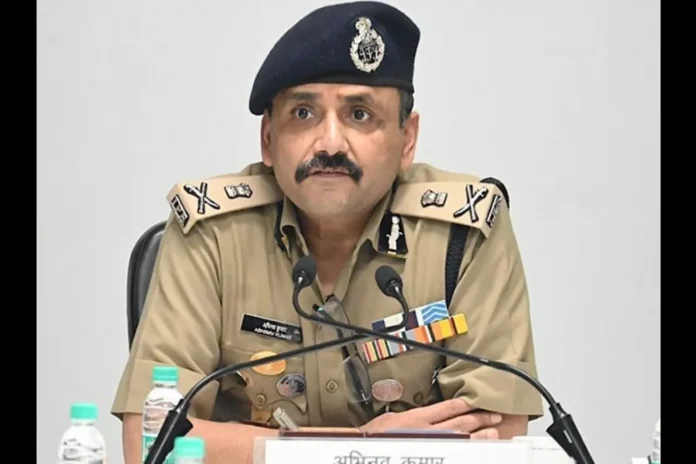Former Director General of Police of Uttarakhand has proposed a set of reforms aimed at improving the structure and fairness of the Union Public Service Commission (UPSC) Civil Services Examination. His suggestions focus on making the exam more accessible and balanced while ensuring it continues to identify capable candidates for India’s top administrative positions.

One of the primary recommendations is to reduce the weightage of the General Studies Paper IV, popularly known as the Ethics paper, in the Mains examination. He argues that while ethics and integrity are critical, the current paper structure leans heavily toward theoretical content and abstract moral dilemmas, which may not accurately assess a candidate’s real-world administrative decision-making abilities.
In addition, he emphasizes the need to simplify the Civil Services Aptitude Test (CSAT), a qualifying paper in the Preliminary exam. According to his proposal, the difficulty level of CSAT should not exceed Class 10 standards. The rationale is that the paper has become disproportionately challenging for candidates from non-technical backgrounds, often undermining those who perform well in the General Studies section but are tripped up by complex mathematics or reasoning questions.
Another significant reform suggested is the early release of the Prelims answer key. Currently, the answer key is published months after the exam, often after the Mains examination is already underway or concluded. The former DGP believes that releasing it within a few days of the Prelims would provide much-needed transparency, allowing aspirants to gauge their performance and plan for future attempts without prolonged uncertainty.
These suggestions are part of a broader call for streamlining the UPSC process while maintaining its core merit-based framework. By making the exam more accessible and candidate-friendly, especially for those from rural or non-English-speaking backgrounds, the reforms aim to create a more inclusive and representative civil services system.




